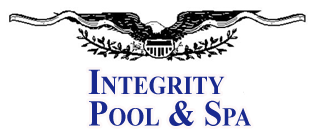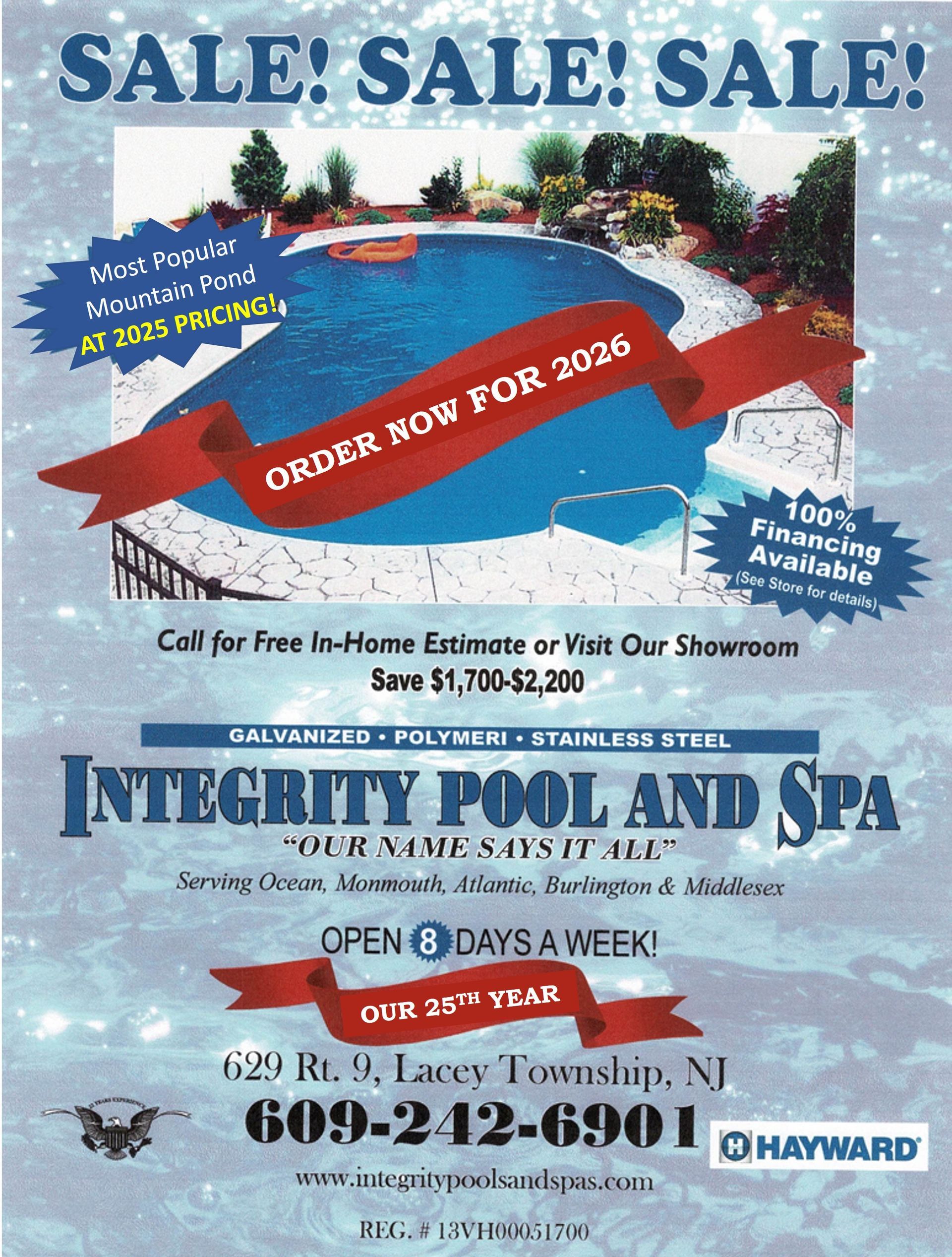When to Call Spa Contractors in New Jersey
Calling spa contractors in New Jersey requires recognizing the right timing for installation, repairs, and seasonal maintenance. Professional contractors provide expert guidance on optimal scheduling, weather considerations, and regulatory requirements specific to Garden State spa ownership.
When Is the Best Time to Schedule Spa Installation?
Spring installation timing allows full enjoyment throughout New Jersey's summer months while avoiding peak demand periods. Professional contractors recommend scheduling installation consultations during late winter or early spring to ensure availability for optimal installation windows. This timing also allows proper testing and adjustment before peak usage season.
Fall installations require careful planning for winterization and seasonal preparation. Experienced contractors coordinate installations with sufficient time for system familiarization before cold weather arrives. They provide comprehensive winterization guidance and ensure proper equipment protection during New Jersey's variable winter conditions.
Weather window considerations become crucial throughout New Jersey due to seasonal storms and temperature fluctuations. Professional contractors maintain flexible scheduling and provide guidance on optimal timing based on local weather patterns. Quality spa services in New Jersey include comprehensive weather planning and installation protection protocols.
What Signs Indicate You Need Professional Spa Repairs?
Equipment performance issues require immediate professional attention to prevent costly damage and safety hazards. Warning signs include unusual noises, inconsistent heating, pump irregularities, or control system malfunctions. Professional contractors provide emergency response for critical failures and systematic diagnostics for ongoing performance issues.
Water quality problems often indicate underlying equipment or chemical balance issues requiring professional assessment. Persistent cloudiness, unusual odors, or difficulty maintaining proper chemical levels signal the need for expert evaluation. Experienced service providers identify root causes and implement comprehensive solutions rather than temporary fixes.
Safety concerns including electrical issues, structural problems, or equipment damage require immediate professional response. Never attempt repairs involving electrical systems or structural components. Professional contractors maintain emergency response capabilities and coordinate with utility companies when necessary for safe resolution.
How Do You Plan Seasonal Spa Maintenance in New Jersey?
Spring startup services should be scheduled before first intended use to ensure all systems function properly after winter shutdown. Professional contractors perform comprehensive system inspections, water chemistry balancing, and equipment testing protocols. They identify any winter damage and coordinate repairs before the swimming season begins.
Summer maintenance schedules should include regular service visits adapted to usage patterns and New Jersey's coastal environmental conditions. Professional services adjust chemical programs, monitor equipment performance, and address increased demands from higher usage and environmental factors. They also provide guidance on optimal operation procedures for energy efficiency.
Fall closing preparations require proper timing based on sustained temperature patterns rather than calendar dates. Professional contractors monitor local weather conditions and recommend optimal closing timing to protect equipment while maximizing usage season. Expert above ground pool services in New Jersey follow similar seasonal maintenance protocols adapted to specific equipment requirements.
New Jersey Spa Contractor Selection and Regulatory Considerations
Licensing verification ensures contractors meet New Jersey's professional standards and maintain appropriate insurance coverage. Professional spa contractors hold current licenses, bonding, and liability insurance appropriate for their service scope. Always verify credentials before scheduling services and request documentation of insurance coverage.
Local permit requirements vary among New Jersey municipalities and affect installation, electrical work, and structural modifications. Experienced contractors understand local codes and coordinate permit processes efficiently. They maintain relationships with local inspectors and ensure compliance with all applicable regulations throughout installation and service processes.
Environmental compliance considerations affect installations near water bodies, wetlands, or environmentally sensitive areas common throughout New Jersey. Professional contractors understand environmental protection requirements and coordinate with appropriate agencies when necessary. They ensure installations meet both regulatory requirements and environmental best practices.
Emergency response capabilities become particularly important during New Jersey's storm seasons and equipment failures. Quality service providers maintain emergency contact procedures, stock essential replacement parts, and coordinate with local utility companies for power-related issues. Choose contractors who prioritize safety, maintain comprehensive insurance coverage, and demonstrate expertise with New Jersey's unique coastal and seasonal conditions.





